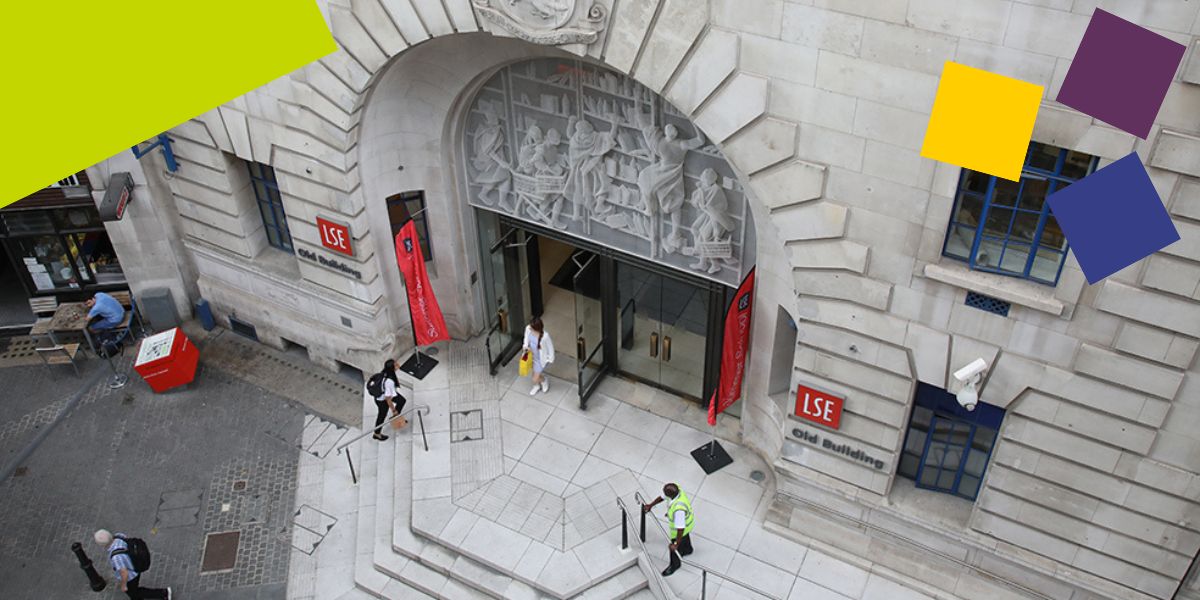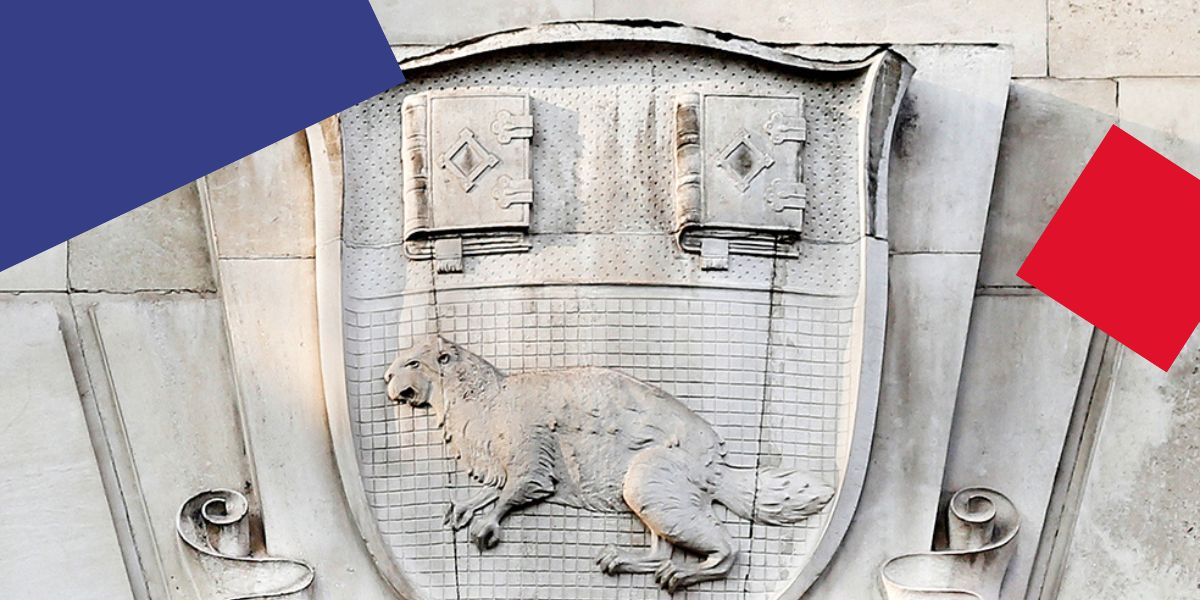If you’re looking to apply to a PhD and wondering how to get started on choosing the right topic, this two-part blog breaks down the process of developing a research proposal for your applications. This post outlines some ways to find inspiration and get started on the ideation process for the research questions you want to address in your PhD.
Review your past work
If you’ve gathered some work experience after your master’s degree, you could start by thinking about the kind of challenges that are recurring at your work that you’ve wanted to navigate more smoothly. Everyone has moments at work where they may think – “if only there was a better way of solving this problem” and if you’ve caught yourself thinking this about a particular problem, you could use it to spark some motivation for coming up with your PhD topic. And if you want to start your PhD directly after your master’s degree, you can think about expanding the scope of your master’s dissertation, especially by addressing some of the questions that couldn’t be examined due to time and other feasibility constraints during your master’s degree.
Research the department/university
If you have a clear sense of the universities and departments that you’ll apply to for your PhD, it is a good idea to understand the research agenda of those universities and departments. This information is usually available on their webpages. Read through the research themes and disciplines to gain a sense of the available expertise, and the research centres that the department you’re interested in collaborates with to understand the scope of ongoing projects. This will provide a good sense of the topics that the department of your choice is currently working on and kick start the ideation process.
Scan the literature
If you’re unsure of where to begin, start by looking at some of the modules from your master’s degree. Identify specific areas within your course(s) that are of interest to you and start reviewing the academic literature in these areas. Google Scholar is a great resource for your first searches. Focus on journal articles and specifically, look at annual review journals in your area of interest as review papers usually provide useful scientific summaries on the state of literature in the field. Making notes while reading helps to track your thought process on the topic. Take the time to understand and absorb the material that you’re reading instead of constantly looking out for topics. The process of developing your research proposal is as scientific as it is creative and so, understanding the literature before creating your own research questions is key.
Network
Some PhD applications at LSE would require that you contact a potential supervisor before you make your formal application to the programme. While this is a requirement of the application process, you can definitely use this as an opportunity to connect with the department you’re interested in and gain some inspiration for your research proposal. Contacting your potential supervisors, connecting with current PhD students or the alumni from the department gives you a sense of the work they’re involved with and you can also use these networking opportunities to get some feedback on your own ideas.
Identifying potential research questions that are meaningful and have practical implications for the real world is a complex process in and of itself. And while your research questions are likely to evolve over the course of your PhD, beginning with a clear idea of what you want to establish provides greater motivation for working towards earning your PhD.





